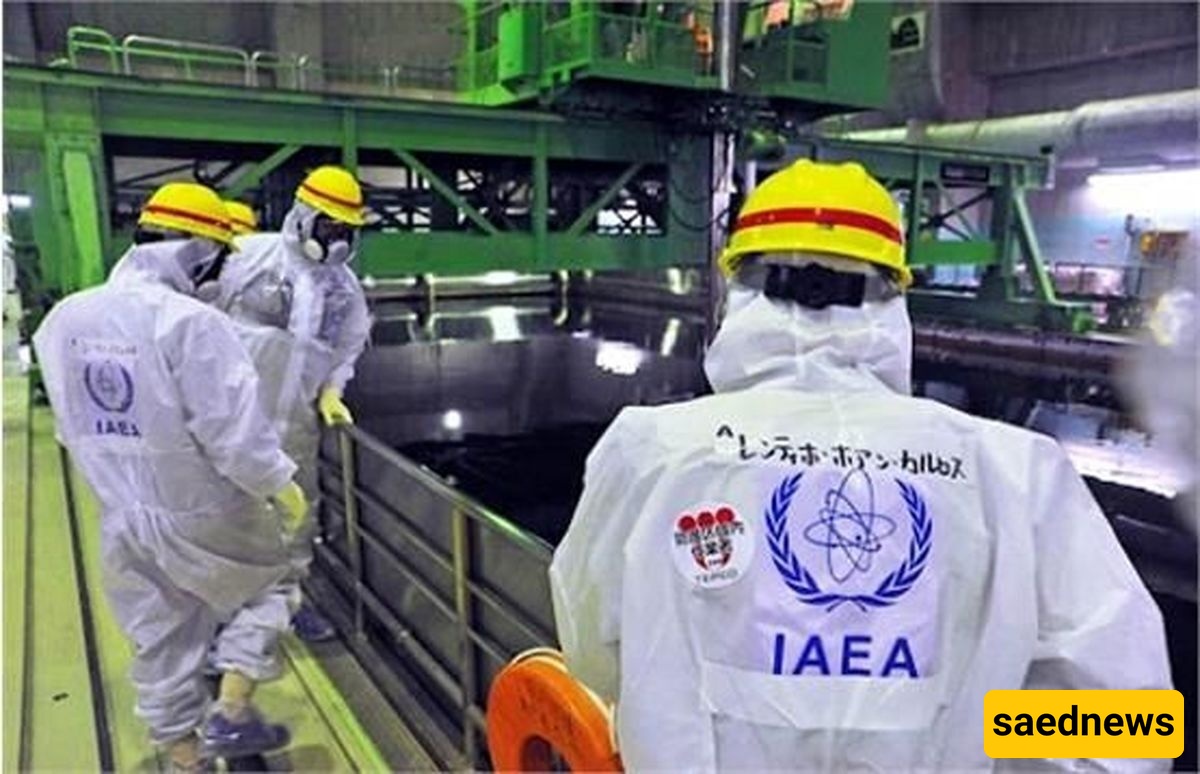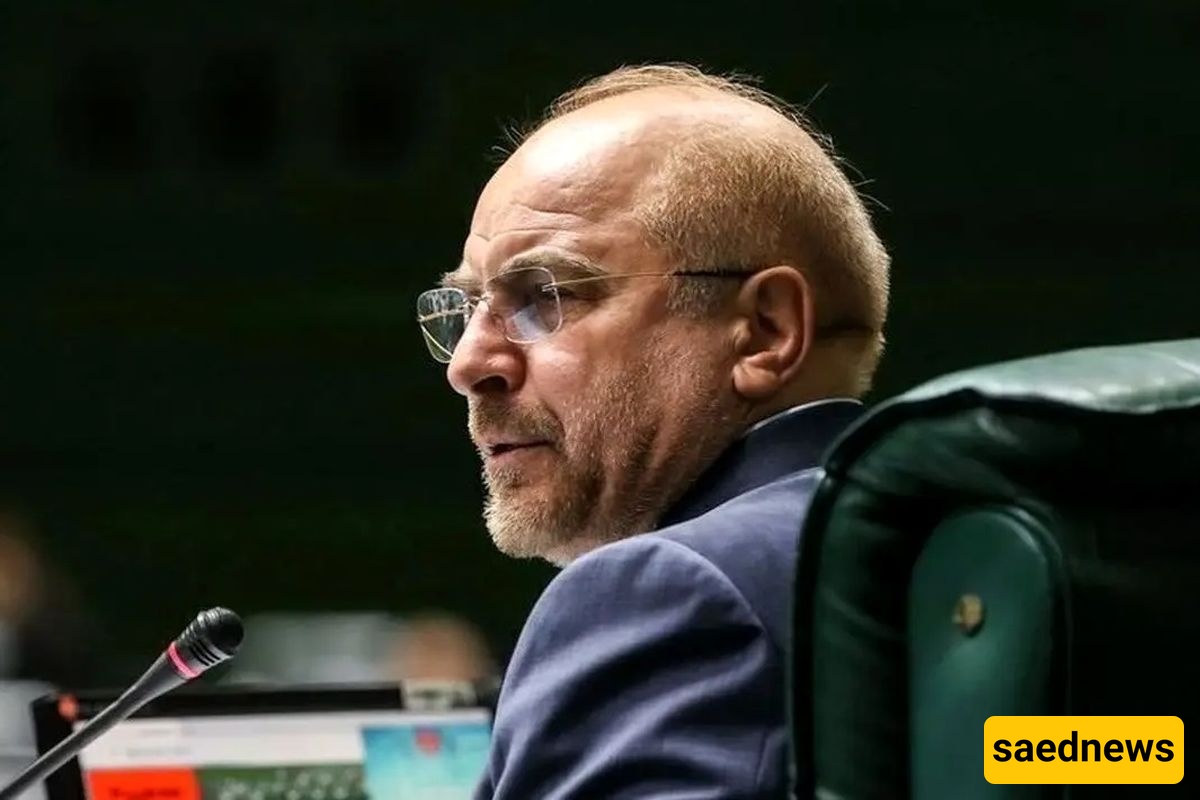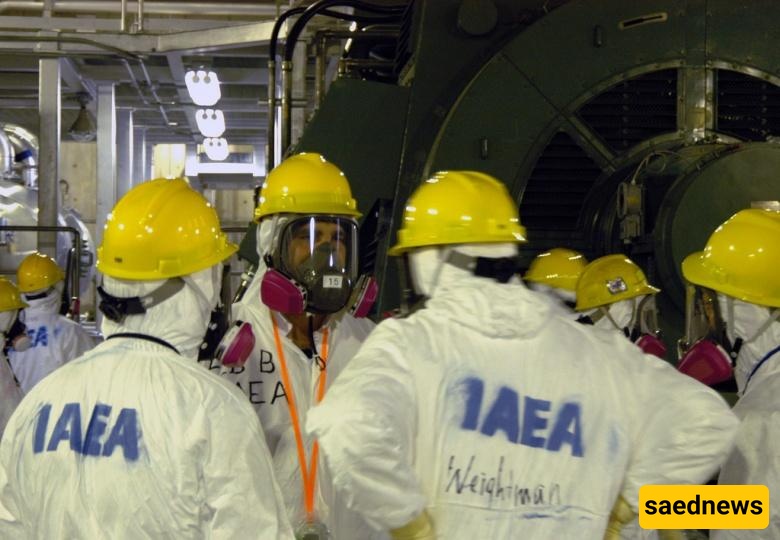SAEDNEWS: In a dramatic escalation following U.S. attacks on Iran’s nuclear facilities, Parliament is preparing to expel all IAEA inspectors and suspend nuclear transparency, sending shockwaves through global diplomacy.

According to Saed News, Iran is on the brink of cutting ties with the International Atomic Energy Agency (IAEA), marking a decisive and potentially destabilizing turn in the growing conflict with the United States. Speaker of Parliament Mohammad Bagher Ghalibaf, in a fiery address to lawmakers, announced that a bill to end Iran’s cooperation with the IAEA is imminent.

The move comes in direct response to the U.S. airstrikes that hit three of Iran’s key nuclear sites—Fordow, Natanz, and Isfahan—just days ago. Describing the attacks as "barbaric," Iranian lawmakers have rallied around what they call a “nuclear ambiguity doctrine” to retaliate not with missiles—but with mystery.
As per the proposed legislation, around 100 IAEA inspectors currently stationed in Iran will be expelled, and all surveillance cameras installed by the agency inside nuclear facilities will be shut down. This includes real-time monitoring equipment that has allowed the global community to verify that Iran's nuclear program remains peaceful.

The new strategy, described by senior officials as Iran’s “most powerful non-military response” to U.S. aggression, is designed to increase uncertainty around the country’s nuclear intentions—a move aimed squarely at Washington and its allies.
Iran has long maintained that its nuclear program is peaceful. However, its voluntary cooperation with the IAEA—especially under the 2015 nuclear deal—has been a cornerstone of international confidence. The sudden shift away from transparency could now usher in a new era of nuclear opacity, with potentially far-reaching consequences for global security.
This isn’t the first time Iran has threatened to scale back cooperation, but if passed, the new law would mark the most severe rupture to date, effectively ending a decades-long monitoring regime.
Western governments are expected to respond with alarm. Analysts warn that the expulsion of inspectors could not only collapse what remains of the nuclear deal but also escalate regional fears of weaponization—especially at a time when Iran is under direct attack and openly vowing retaliation.
For now, Iran’s message appears clear: if the U.S. wants war, it must be prepared to fight in the dark. As the dust settles from the latest airstrikes, the world is left wondering whether the next detonation will be military—or diplomatic.

